Monday, the Oregon Coast Scenic crew loaded the locomotive’s boiler on a trailer in Chehalis, Wash., for the trip to its shops in Garibaldi, near Tillamook. There, the rebuilt boiler was placed back on its rebuilt running gear Tuesday morning for the first time in more than 54 years.
Chris Baldo is the third owner of Skookum since its last derailment in 1955. He has dedicated his time and resources to preserving this piece of Northwest logging railroad history.
The first owner was Charlie Morrow, a Seattle railfan who bought the locomotive from the insurance company that insured Deep River Logging, its last operator. Morrow dismantled it in 1960 and shipped the locomotive to the Northwest Railroad Museum at Snoqualmie Falls, Wash., where it was stored for many decades.
Oregon Coast Scenic rebuilt the tender and boiler at its shops in Chehalis, Wash., several years ago. Throughout the past two years attention has been to the rebuilding of the Skookum‘s running gear at the shops in Garibaldi. While this was going on, Baldo had a new wooden cab fabricated for the locomotive using the same materials and patterns originally used by Baldwin.
The locomotive was built as a coal-burner in 1909 for the Little River Railroad as its No. 126. It was the first of only three 2-4-4-2s built. The locomotive also worked for the Columbia River Belt, Whitney & Co., Larkin & Green Logging, Carlisle Lumber Co., and Deep River Logging Co. It was at Deep River Logging on the afternoon of Feb. 23, 1955, that the Skookum derailed on a short trestle and rolled over on its side, ending its logging career.





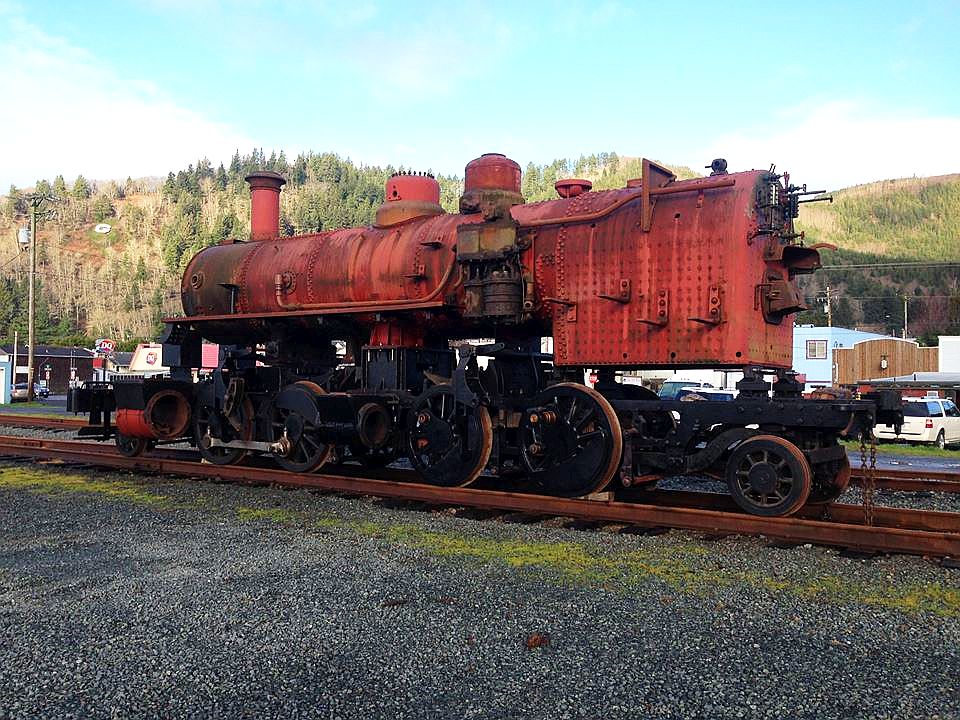
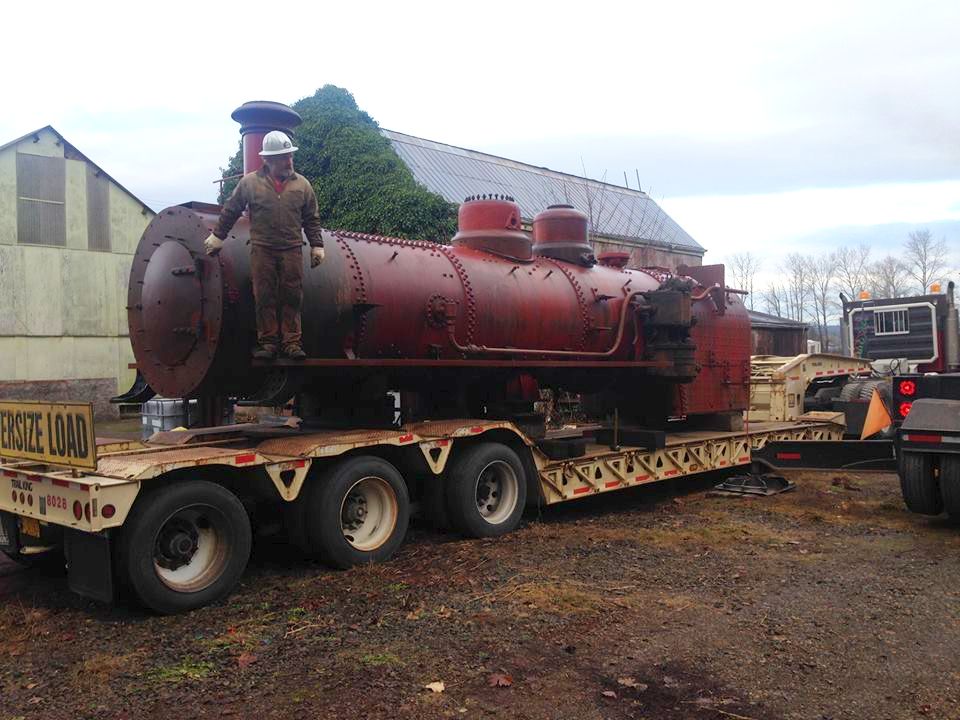

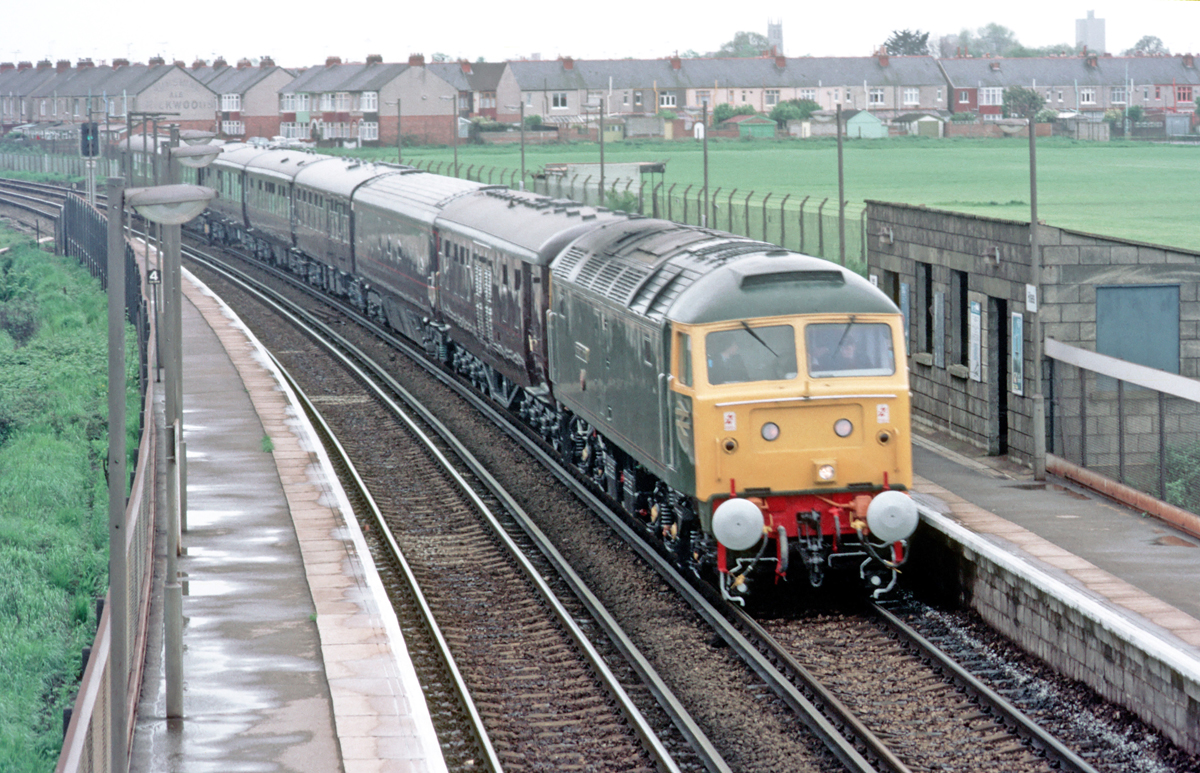
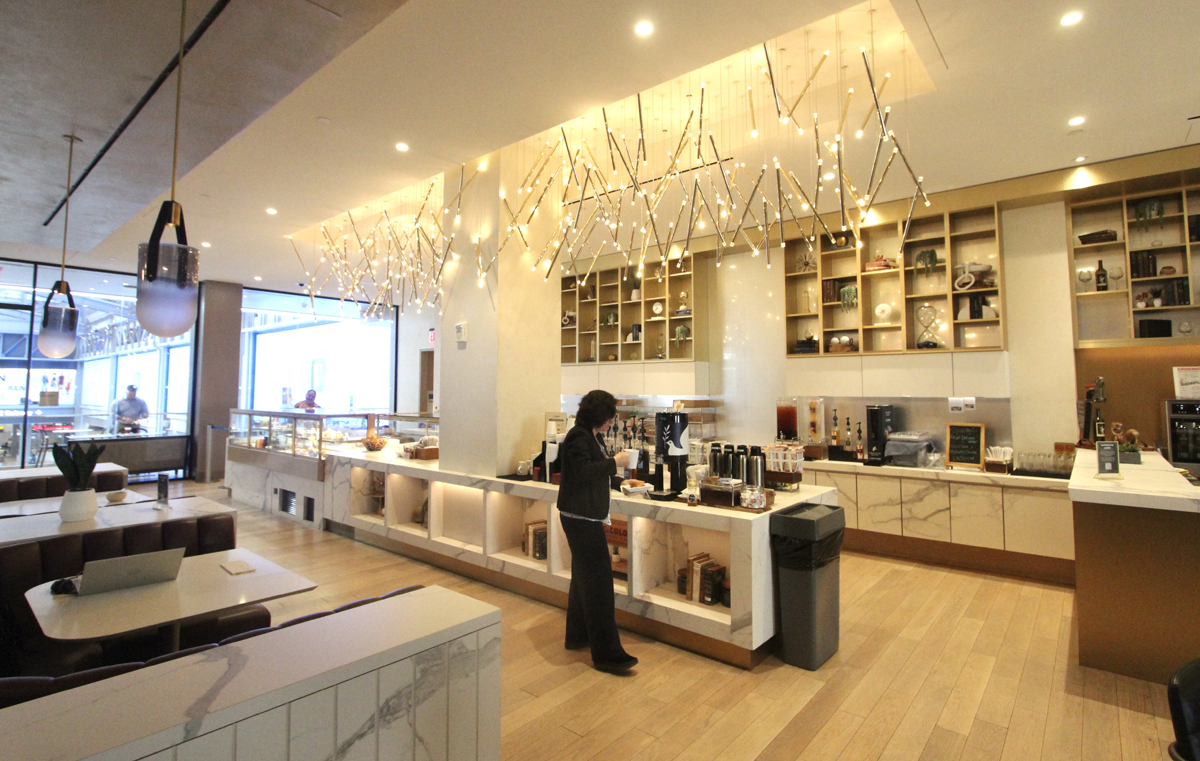
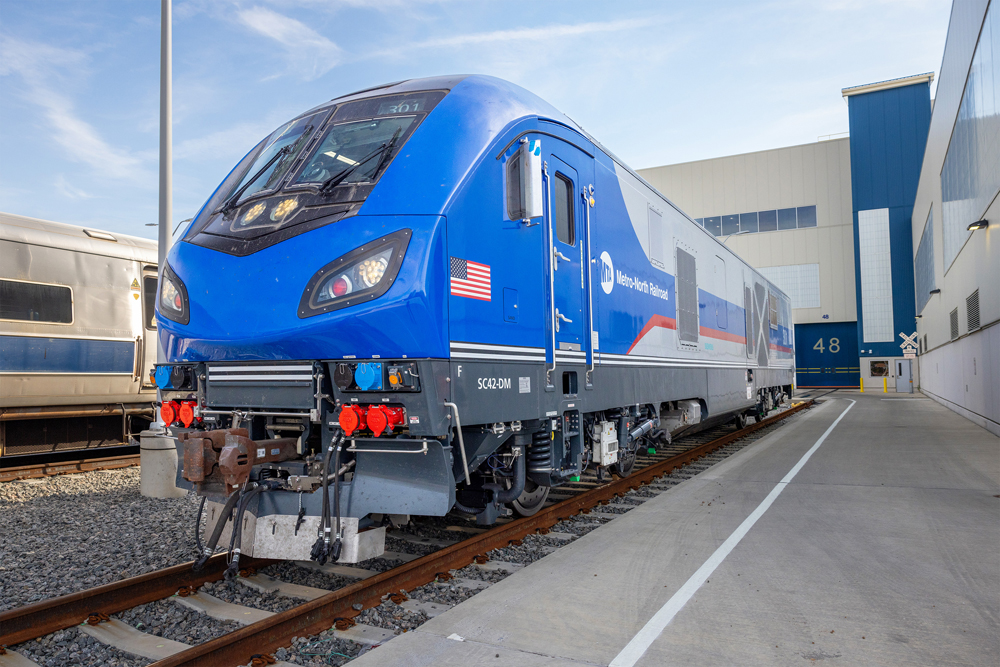
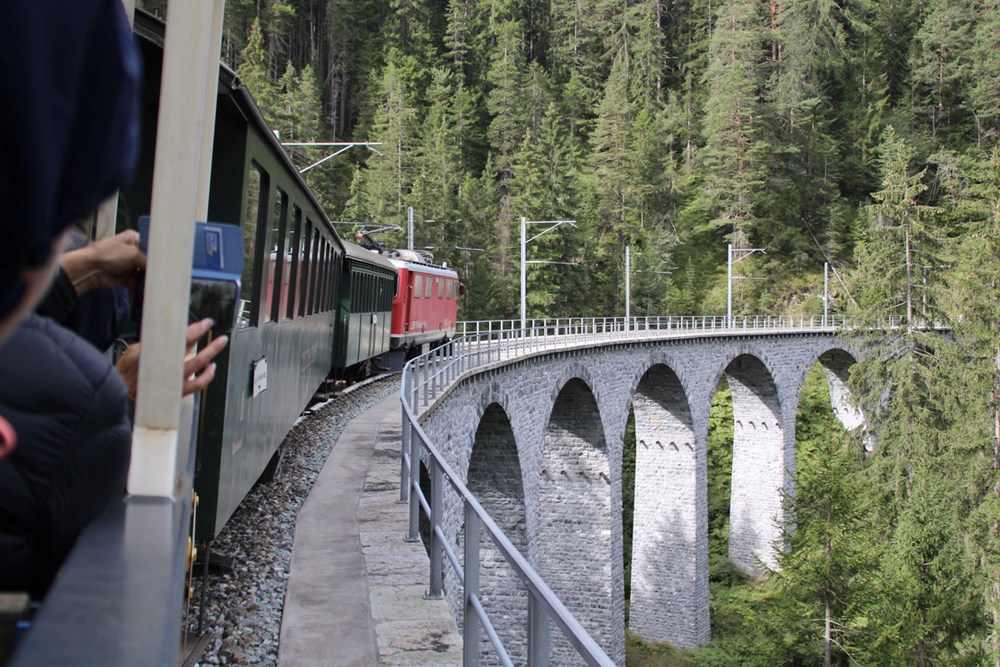




I've loved this unique locomotives at a distance for decades…it's the coolest thing since sliced bread. Big Boy, eat yer heart out!
I was 15 years old and my dad drove us down to Deep River and drove up and hiked into the sight of where she tipped over, this was just before they pulled the rails up. I took two pictures of it, but they are long gone now.
Read the article about it being restored when I visited Roots of Power Museum in Willits, Calif. last Sept and purchased their Newsletter, "The Highline." Next year as the weather improves will have to buzz down to Tillamook and take a look at it.
Let us please get some black paint on its boiler before people start calling it "Spookum.."
Scewed that up. Forfeiting my "Editor" merit badge.
Where I wrote in parenthesis "drive them, " I wanted to say "drive their new cars."
Lawrence, thanks for the response.
My reference came from farther north; my wife and her 3 sons lived more than a few years in Fairbanks. 25 years ago my stepson and his wife had us deliver (drive them) from dealers in Portland and Seattle,,on my 2 successive annual vacations.
My definition was (slightly amplified) an Alaska, Northwest Territories and northern British Columbia meaning of the word, often used there….then…..
The 4-6-2 in Michigan is also from the same Little River Railroad in Tennessee that the Skookum was originally built for.
Is the Little River Railroad referred to related to the tourist railroad in Michigan?
My impression since I started working with Washington loggers 55 years ago is that Skookum means strong or powerful. In Native American thinking there could be other connotations.
The word that is the locomotive's name?….
Southern California teen's used "bitchin" in the late "50s like we, me anyway, used "cool" earlier.
Skookum,…..I was told that it is an all-purpose word for" cool" and "bitchin"' and good and satisfactory and happy…..and like that.
If you were skookum, everything was good..
It's from First Generation Alaskan, First Generation Canadia(e)n, and American Indian's heritage.
Skookum…. it's warm and fuzzy when you say it….agree or not?
.
This is good news about the SKOOKUM locomotive, and it is well presented. However, the rollover "near Grays Harbor, Wash." is not quite factually correct. Deep River is near Grays River, in another county and a long way from Grays Harbor. It is possible that at one thim the engine worked in Grays Harbor County for Carlile Lumber Company at Carlile, but that company used the engine mostly at Onalaska, Wash. a long way away in still another county.